For months, cameras
followed the challenges and successes of a local theater company. Maureen Marovitch and her production company, Picture This
Productions, produced a documentary titled Seen and Heard about the
process of putting together this group’s annual play. While every production
comes across speed bumps, this group faced unusual challenges as Canada’s only
theater company with both hearing and deaf actors and crew members.
Being in Quebec, of course, there are
cast and crew members who use either English or
French, but this production wasn’t bilingual — it was quadrilingual. Together,
the cast speaks English, French, American Sign Language, and La langue de signe québécoise. While ASL is often used
in English-speaking communities and LSQ in francophone communities, sign
languages are not based on spoken languages. They’re languages in their own
right. One linguist wrote that the syntax of ASL is more similar to spoken
Japanese than it is to English.
The documentary covered both
on-stage challenges and off-stage issues. The group had to figure out how to
indicate to deaf audiences that music was playing, how to create costumes that
didn’t interfere with signing, and how to cast appropriate voices
for signing cast members. Off-stage, one of the cast members had been looking
for a job for a long time. “He’s a perfect example of how hard it is to find a
job when you’re
deaf — you can’t just pick up the phone and call for an interview, it’s
much more complex.” The Canadian Association of the Deaf estimates that about
10 per cent of Canadians are deaf or hard-of-hearing. About half of people with
hearing limitations are employed, according to the 2006 Participation and
Activity Limitation Survey conducted by Statistics Canada. Even among those who
are employed, however, nearly a third believed their condition hindered their
ability to be move up in the workplace or be promoted.
People
who are deaf or hard-of-hearing and looking for work can get some assistance in
Laval through L’Étape-Laval, which provides free evaluations and workshops.
MAB-Mackay’s
satellite office in Laval at the Jewish Rehabilitation Hospital can also
evaluate people’s hearing and provide follow-up visits. My Smart Hands Quebec,
located in Laval, runs sign language classes for all ages — even for very young
children. Seeing Voices also runs two ASL classes for beginners — one for
healthcare workers and one general class, which integrates theatre and
performance.
Theatre has been an important part
of Seeing Voices since the beginning. “I fell in love
with how expressive the language is and performed a small class skit with some
friends,” said Aselin Wang, the director of Seeing Voices and a former Laval
resident. She and Jack Volpe founded the group in 2012. “[The plays] are very
important because theatre is the medium in which we showcase these subjects and
it aligns with our mission, which is to raise D/deaf awareness through
performing arts, education, and social interactions,” Wang said. (The culture
that belongs to people who are deaf is often referred to with a capital letter,
the Canadian Association of the Deaf notes.)
The inaugural
play in 2014, an adaptation of Snow White, did extremely well. “We sold
out all three nights in Montreal with lots of people begging for us to do more
shows since many of them could not get in,” Wang said. In 2015, their version
of The Little Mermaid ran for three nights in Montreal from May 21 to
23. They also performed in Ottawa and Toronto. The documentary crew planned to
follow the play’s tour as far as they could. However, travelling to Toronto
and beyond costs money, and finances have been a challenge for both Seeing
Voices and for Picture This.
This
summer, Picture This ran a crowdfunding campaign to cover travel expenses and
pay for interpreters. Marovitch isn’t fluent in ASL yet, though she has taken a
course. “I maybe understand seven
per cent,” she said. Interpreters are vital, but they aren’t cheap.
Two hours of an interpreter’s time can cost over $100, and they’re needed even after
the long rehearsals are over. “Every hour of footage takes three hours of
interpreters and editing.”
The cameras didn’t faze Mounir Boudjema, an actor in the play, when they
first came to set, and they still didn’t throw him off. “Now, I'm used to it
and I feel pretty comfortable around cameras,” he said. Good thing, because
Marovitch said the cameras were sticking around until the fall. She intended to
send it to festivals after it was done, and she hasn’t ruled out bringing it
beyond the Canadian border. Though each country has its own sign language,
Marovitch thinks the themes of the film are universal enough to travel to other
countries. “If you had no interest in this topic whatsoever but you got sucked
in anyways — that’s our goal. Just an entertaining, challenging film that you
want to see,” she said. She just might be right — as Wang said, “Deafness knows
no boundaries.”

 In The Latest Issue:Latest Issue:
In The Latest Issue:Latest Issue:
- A Bittersweet Farewell
- The new Laval Aquatic Co...
- The End of an Era:
Articles
Calendar
Virtual- ANNUAL TEACHER APPRECIATION CONTEST
- APPUI LAVAL
- ARTS & CULTURE
- CAMPS
- CAR GUIDE
- CCIL
- CENTENNIAL ACADEMY
- CHARITY FUNDRAISING
- CITYTV
- COSMODÔME
- COMMUNITY CONNECTIONS
- COVER STORY
- DINA DIMITRATOS
- ÉCOLE SUPÉRIEURE DE BALLET DU QUÉBEC
- EDITORIALS
- ÉDUCALOI
- EDUCATION
- EMPLOYMENT & ENTREPRENEURSHIP
- FÊTE DE LA FAMILLE
- FÊTE DU QUARTIER SAINT-BRUNO
- FAMILIES
- FESTIVAL LAVAL LAUGHS
- FÊTE DE QUARTIER VAL-DES-BRISES
- FINANCES
- GLI CUMBARE
- GROUPE RENO-EXPERT
- HEALTH & WELL-BEING
- 30 MINUTE HIT
- ANXIETY
- CHILDREN`S HEALTH & WELLNESS
- CLOSE AID
- DENTAL WELLNESS
- EXTREME EVOLUTION SPORTS CENTRE
- FONDATION CITÉ DE LA SANTÉ
- GENERAL
- HEARING HEALTH
- MESSAGES FROM THE HEALTH AGENCY OF CANADA
- MENTAL HEALTH
- SEXUALITY
- SOCIAL INTEGRATION
- SPECIAL NEEDS
- TEENS
- THE NUTRITION CORNER
- THE NUTRITION CORNER - RECIPES
- VACATION DESTINATION
- WOMEN'S FITNESS
- WOMEN'S HEALTH
- HILTON MONTREAL/LAVAL
- HOME & GARDEN
- INTERNATIONAL WOMEN'S DAY
- JAGUAR LAVAL
- LAVAL À VÉLO
- LAVAL FAMILIES TV SHOW
- LAVAL FAMILIES MAGAZINE CARES
- LAVAL URBAN IN NATURE
- LE PARCOURS DES HÉROS
- LES PETITS GOURMETS DANS MA COUR
- LEON'S FURNITURE
- LEONARDO DA VINCI CENTRE
- LFM PREMIERES
- LIFE BALANCE
- M.P. PROFILE
- MISS EDGAR'S AND MISS CRAMP'S SCHOOL
- MISSING CHILDREN'S NETWORK
- NETFOLIE
- NORTH STAR ACADEMY LAVAL
- OUTFRONT MEDIA
- PASSION SOCCER
- PARC DE LA RIVIÈRE-DES-MILLE-ÎLES
- PÂTISSERIE ST-MARTIN
- PIZZERIA LÌOLÀ
- PLACE BELL
- PORTRAITS OF YOUR MNA'S
- ROCKET DE LAVAL
- SACRED HEART SCHOOL
- SCOTIA BANK
- SHERATON LAVAL HOTEL
- SOCIÉTÉ ALZHEIMER LAVAL
- STATION 55
- STL
- SUBARU DE LAVAL
- TECHNOLOGY
- TEDXLAVAL
- TODAY`S LAURENTIANS AND LANAUDIÈRE
- TODAY`S LAVAL
- WARNER MUSIC
- THIS ISSUE
- MOST RECENT
Magazine
A whole new world
Articles ~e 105,7 Rythme FM 4 chemins Annual Teacher Appreciation Contest Appui Laval Arts & Culture Ballet Eddy Toussaint Camps THIS ISSUE MORE...
CONTESTS Enter our contests
CONTESTS Enter our contests
CALENDAR
Events & Activities
COMMUNITY Posts Events
PUBLICATIONS Our Magazine Family Resource Directory
LFM BUSINESS NETWORK Learn more
COUPONS Click to save!
COMMUNITY Posts Events
PUBLICATIONS Our Magazine Family Resource Directory
LFM BUSINESS NETWORK Learn more
COUPONS Click to save!
SUBSCRIPTIONS
Subscribe to the magazine
Un-Subscribe
E-NEWSLETTER Subscribe to our E-newsletter Un-Subscribe
WRITE FOR US Guidelines & Submissions
POLLS Vote today!
E-NEWSLETTER Subscribe to our E-newsletter Un-Subscribe
WRITE FOR US Guidelines & Submissions
POLLS Vote today!
ADVERTISERS
How to & Media guide
Pay your LFM invoice
SUGGESTIONS Reader's Survey Suggest a Listing
LFM About Us Our Mission Giving Back Contact Us
SUGGESTIONS Reader's Survey Suggest a Listing
LFM About Us Our Mission Giving Back Contact Us
 PICK-UP LOCATIONS
Get a copy of LFM!
PICK-UP LOCATIONS
Get a copy of LFM!
TERMS & CONDITIONS Privacy | Terms
ISSN (ONLINE) 2291-1677
ISSN (PRINT) 2291-1677
Website by ZENxDESIGN

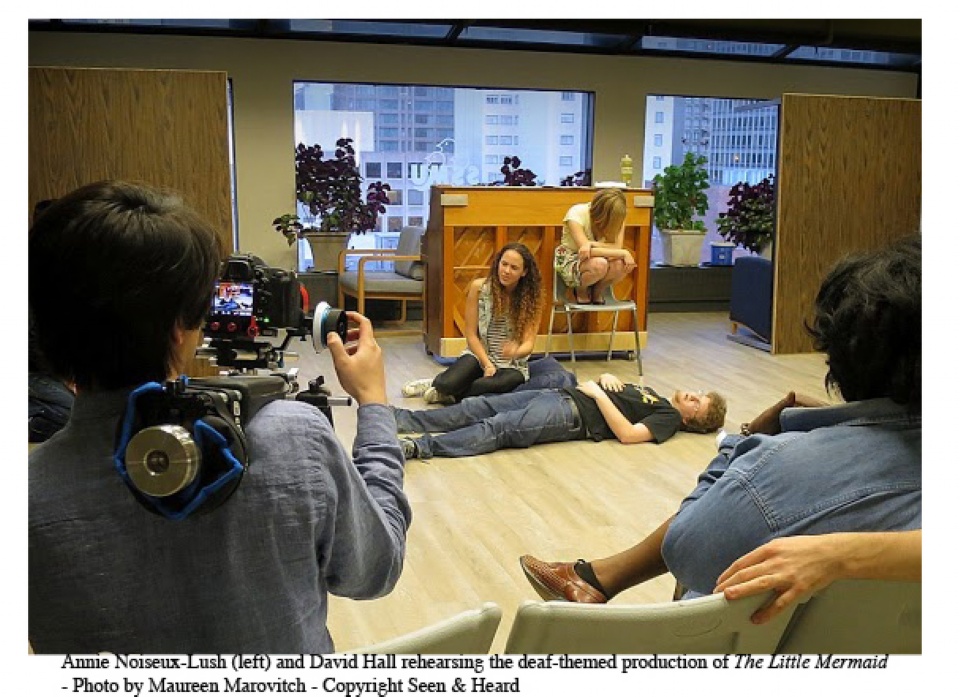
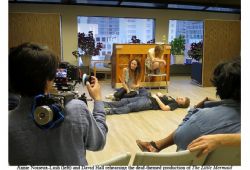
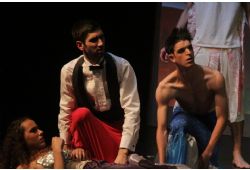
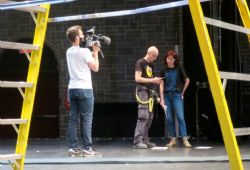
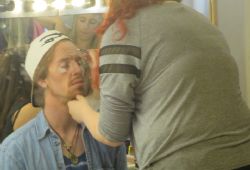
 BY:
BY: 
Tweet
Share